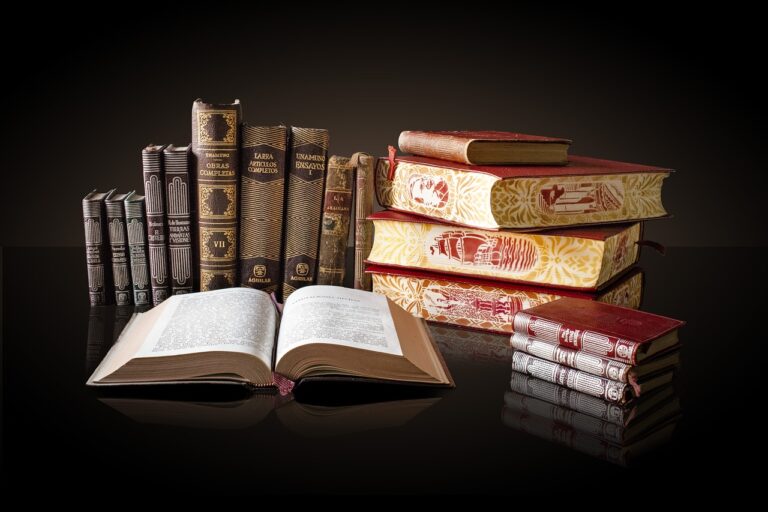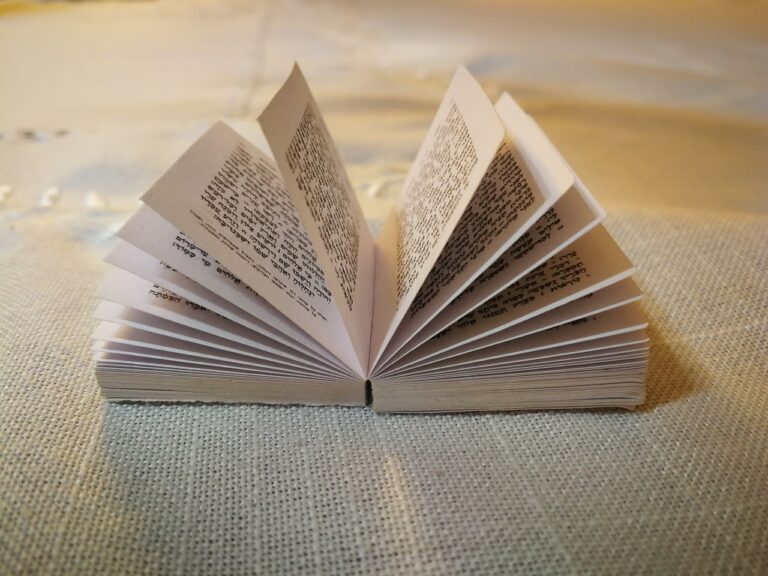The Evolution of Private School Curriculums: 99 exch sign up, Lotus 365.io, Play exch.in
99 exch sign up, lotus 365.io, play exch.in: Private schools have a long history of providing a quality education to students who can afford the tuition. Over the years, private school curriculums have evolved to keep up with changing educational standards and practices. Let’s take a look at the evolution of private school curriculums and how they have adapted to meet the needs of students in the modern world.
Early Private School Curriculums
In the early days of private schools, the curriculum was often focused on traditional subjects such as reading, writing, and arithmetic. Many private schools also placed a strong emphasis on religious education, with students learning about scripture and attending religious services regularly. These curriculums were designed to provide students with a well-rounded education that would prepare them for success in both their personal and professional lives.
The Rise of Specialized Programs
As education standards evolved, private schools began to offer more specialized programs to meet the needs of their students. Some schools started to focus on college preparation, offering advanced placement courses and SAT preparation classes. Others began to offer programs in the arts, sports, and other extracurricular activities to provide students with a well-rounded education.
Integration of Technology
In recent years, private schools have started to integrate technology into their curriculums to better prepare students for the modern world. Many schools now offer computer science courses, coding classes, and other technology-based programs to help students develop the skills they need to succeed in the digital age. Additionally, schools have started to use online learning platforms and digital resources to enhance the learning experience for students.
Focus on STEAM Education
Another significant evolution in private school curriculums is the increased focus on STEAM education (Science, Technology, Engineering, Arts, and Mathematics). Many private schools now offer programs that combine these disciplines to provide students with a well-rounded education that prepares them for a variety of careers in the future. STEAM education is designed to help students develop critical thinking, problem-solving, and analytical skills that will serve them well in any field.
Emphasis on Diversity and Inclusivity
In recent years, private schools have also placed a greater emphasis on diversity and inclusivity in their curriculums. Many schools now offer programs that promote cultural awareness, social justice, and equity to help students become more informed and compassionate global citizens. By incorporating these values into their curriculums, private schools are helping to create a more inclusive and welcoming learning environment for all students.
FAQs
Q: How do private school curriculums differ from public school curriculums?
A: Private school curriculums often offer more specialized programs, smaller class sizes, and a greater emphasis on extracurricular activities compared to public schools.
Q: Do private schools follow state educational standards?
A: While some private schools choose to align their curriculums with state standards, many have the flexibility to design their own programs based on the needs and interests of their students.
Q: Are private school curriculums more rigorous than public school curriculums?
A: The rigor of a private school curriculum can vary depending on the school, but many private schools are known for offering challenging academic programs that prepare students for success in college and beyond.
In conclusion, private school curriculums have evolved over the years to meet the changing needs of students in the modern world. From the integration of technology to the emphasis on STEAM education and diversity, private schools continue to adapt their programs to provide students with a well-rounded education that prepares them for success in their future endeavors.







